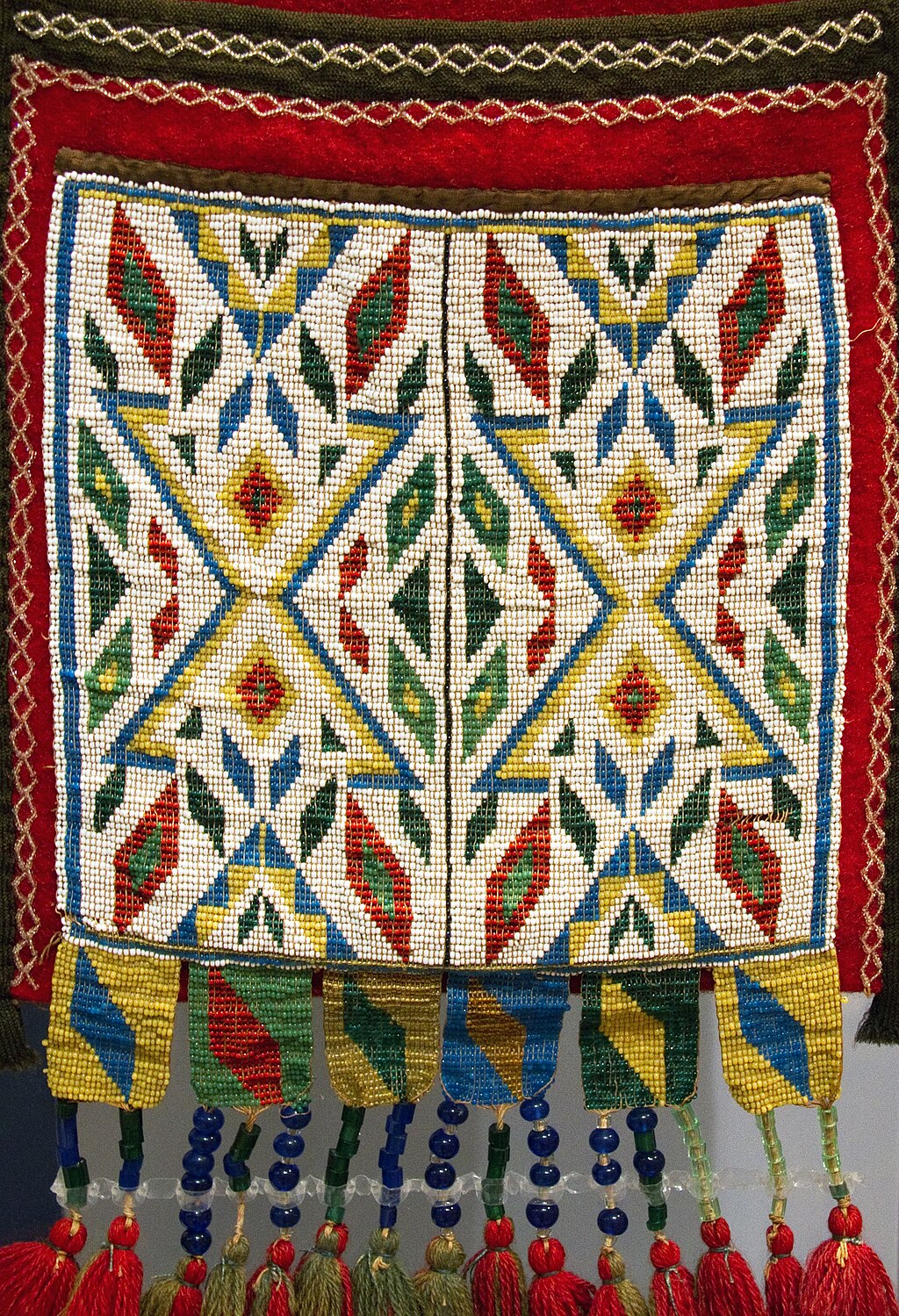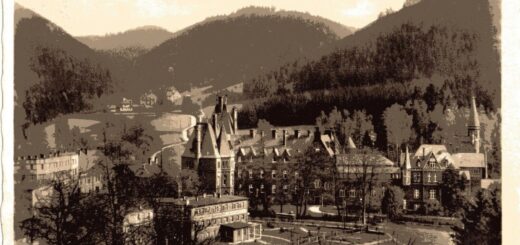The Cultural Toolbox: Book Review

Anton Treuer, The Cultural ToolBox: Traditional Ojibwe Living in the Modern World, Minnesota Historical Society Press, 2021
I am not Ojibwe. That is, I’m not one of the readers this book explicitly addresses. Still, I never felt excluded from Treuer’s frame of reference at any point. If anything, it implied to me that any reader, whatever her cultural inheritance, might be well advised to do what he has done, namely go to the effort of fully “inhabiting” the tradition he recognises as his own: to speak and hear its language, its underlying rhythms, its defining features, and to find his own, unique way into them.
The book rests on some significant contradictions. Most fundamentally, it sets out to honour and preserve an oral tradition in writing. There is an unmistakeable irony in sharing the beauty and wisdom of Ojibwe culture in English. My admiration of the book rests in part on just these contradictions, though, for as Treuer knew well enough, they had to be accepted in order for the book to achieve its clarity, accessibility and authority. At one level, they outline a set of principles, a guide to readers who are drawn, by birth or conviction, to traditional Ojibwe culture, but who no longer know the language, no longer speak and listen to the words that preserve the culture, the stories that animate it. The kind of connective tissue that binds an oral society together has become so fragile as to need the support of writing.
Treuer is keenly aware of the ironies of writing such a book, and open about making his readers aware of them as well. There is, in particular, the question of the author’s authority: a book is written by one person; a culture is not. The challenge is not new — in fact writers have faced it from the time writing began, and Treuer resolves it in a time-honoured way, namely by writing from his own experience, his own location within the language and a community of speakers. He names and thanks them. “Here’s what happened to me,” he seems to say, “and here are the conclusions I drew from it. I invite you to retrace my steps, and come to your own conclusions.” And although there is no explicit claim that language makes, remakes, shapes, expands or shatters reality (as the Kiowa writer and scholar N. Scott Momaday said of native people in “The Man Made of Words”) neither is there any implication of a reality beyond words.
There are memorable accounts of Ojibwe history, of a great, slow, eventful migration and dispersal from Eastern seaboard of the US to “the land where food grows in water,” (a reference to wild rice in the Great Lakes region), stories about a supernatural being who is powerful and immortal, but also human — a bit muddled and clumsy at times, loveable and approachable. There’s a lot about values, perhaps most critically the unambiguous message that the Creator did not give human beings dominion over the earth, but rather exactly the other way around.
At the same time, however, we are reading a memoir, an account of the author’s life. Chapter titles do follow a chronological, or cyclical order, a succession of seasons from spring to winter. But threaded through the chronology of seasons, we get a succession of surprises, as in a mystery story that is not chronological, but a gradual disclosure: the scope of the issues broaden, drawing a reader back from a close focus on Ojibwe to a longer, wider perspective. At the end of the book, Ojibwe culture appears in close proximity to other, very different ways of living, all contemporary, all accessible. One wonders whether there was, or is a choice, or whether a choice is apparent only, and someone who faces himself in honesty, integrity, self-awareness is drawn to his own, the right path. A reader, now aware of multiple claims that other languages, religions, philosophies might have made and might still make on the author, appreciates the “Red Path” — the commitment to living an authentically Ojibwe life — as a commitment to a whole moral and aesthetic reality, coherent and complete in itself, and distinct from all others.


